Born in 1952 in Hamburg in what was then West Germany, Claus Ruetsch studied at the University of Hamburg before going to Oxford to read for an undergraduate degree in experimental psychology and to Cambridge to read criminology. He returned to Germany and, following a period as a research assistant at the Max Planck Institute for Criminal Law and Criminology in Freiburg, he gained his doctorate in law and entered legal practice, going on to become General Counsel of Roche Diagnostics. After retirement, he opened his own legal consultancy offering advice to start-ups and entrepreneurs. This narrative is excerpted from an interview with the Rhodes Trust on 2 April 2025.
Claus-Joerg Ruetsch
Germany & University 1974
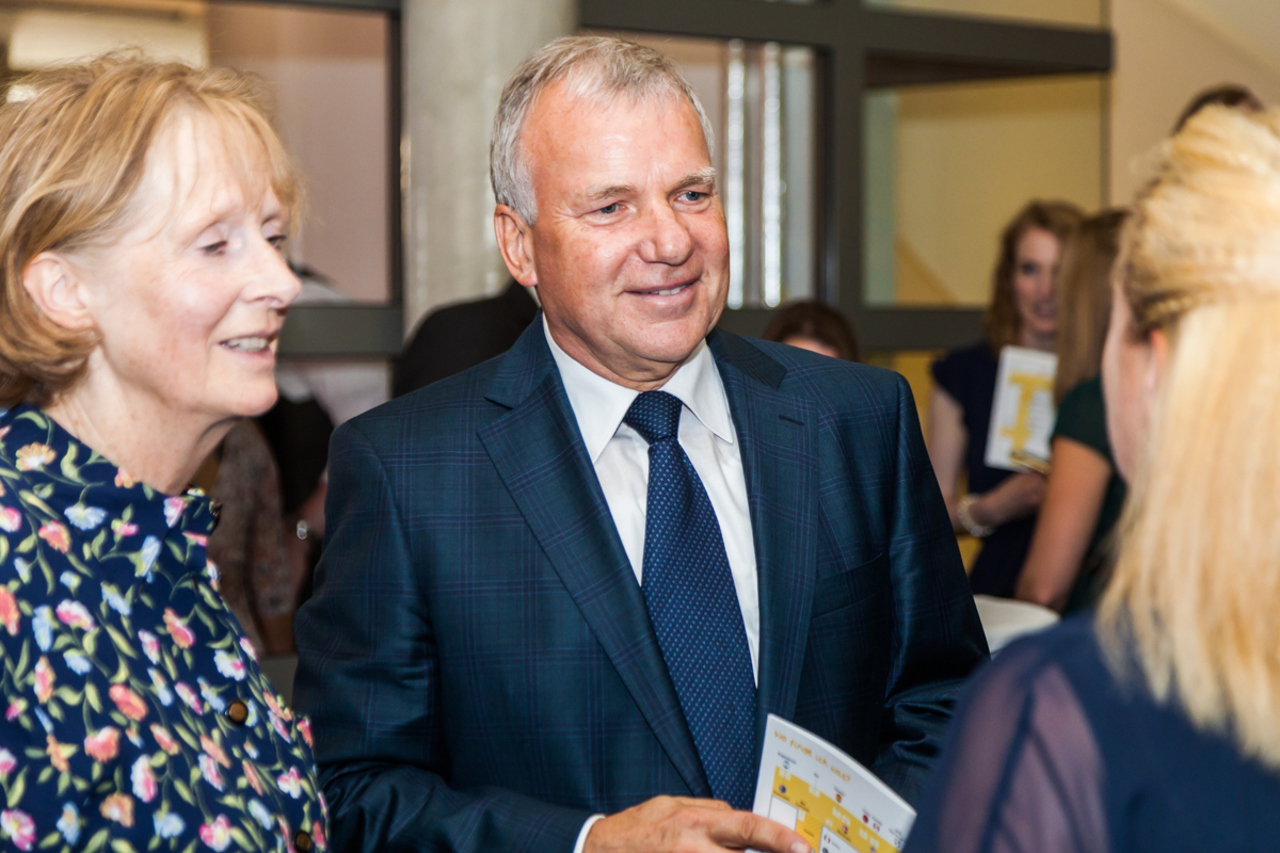
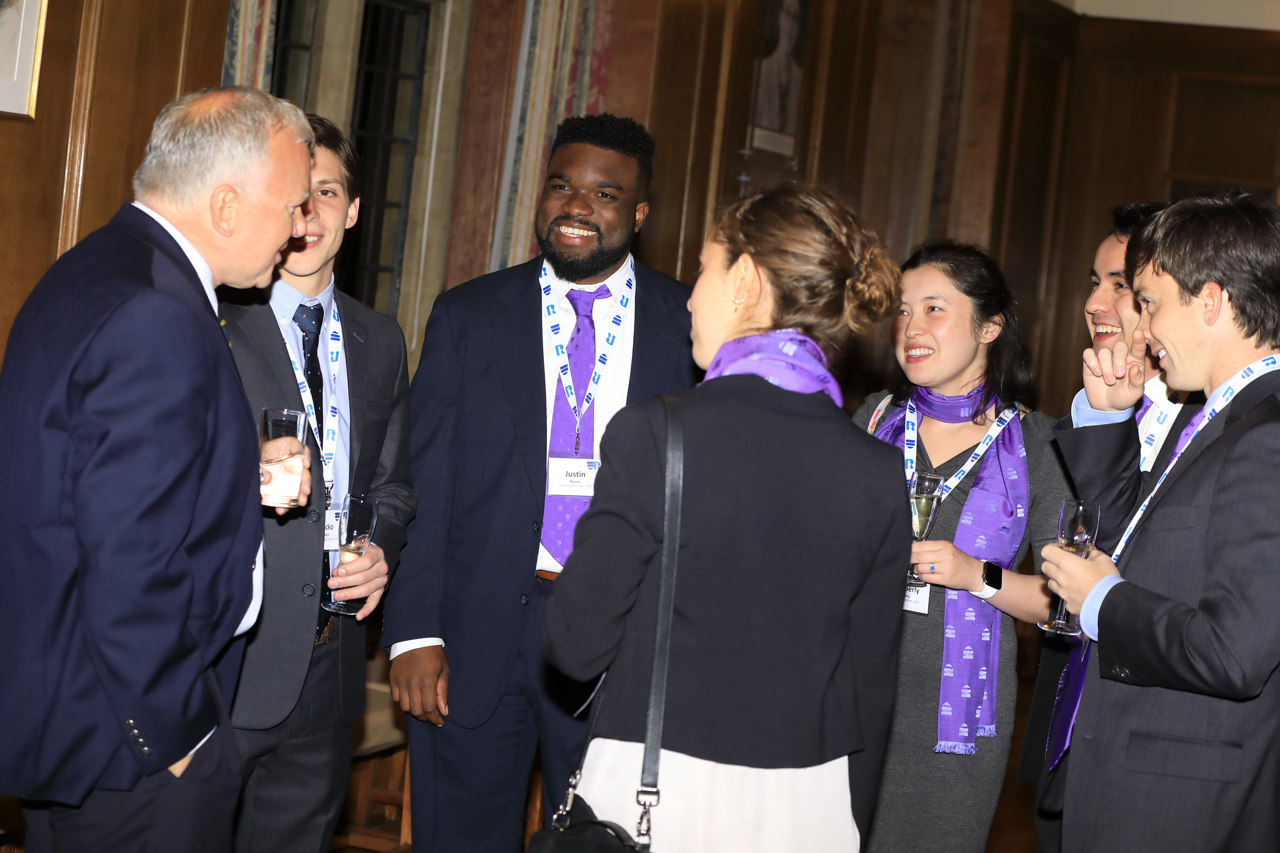
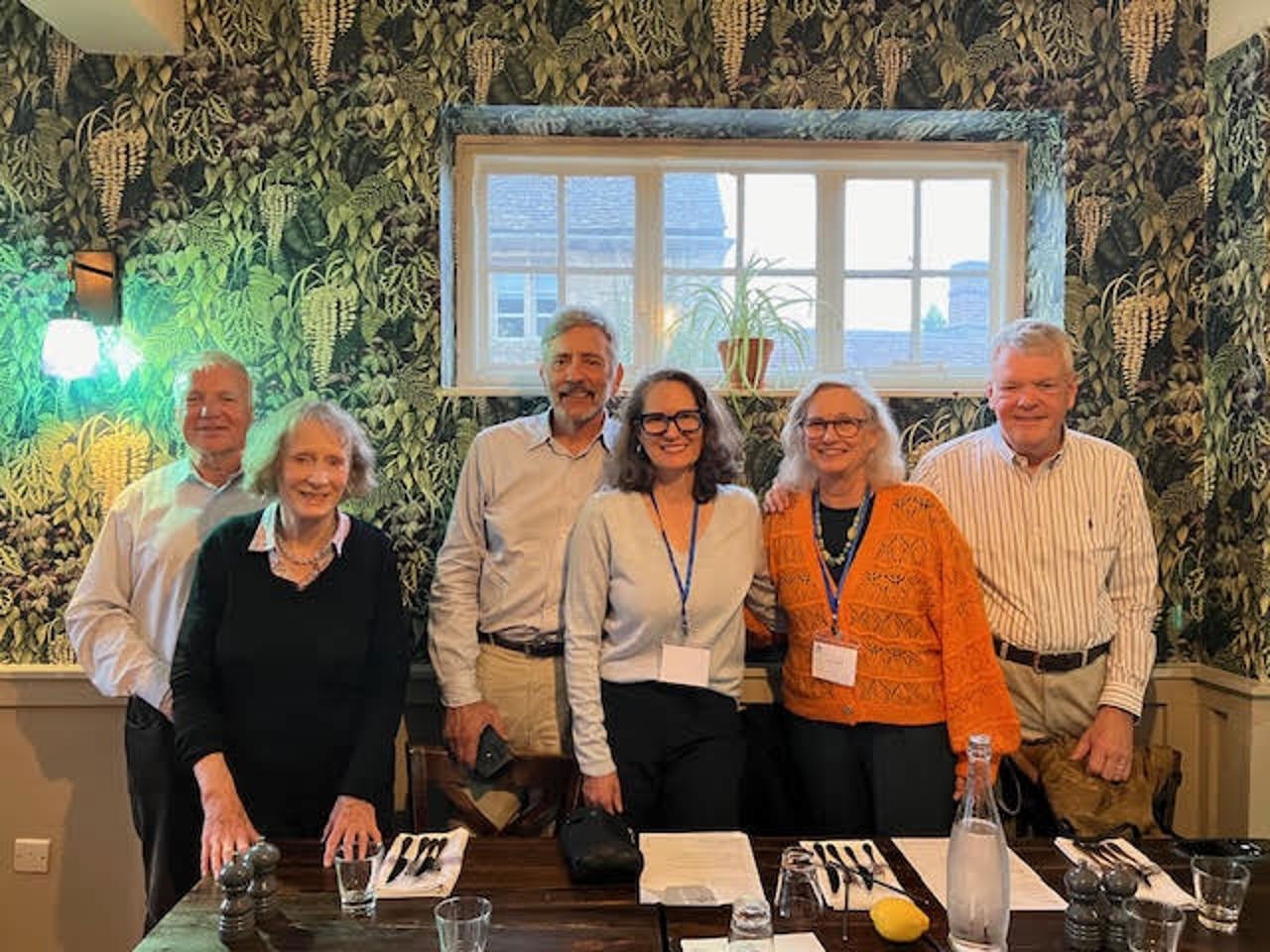
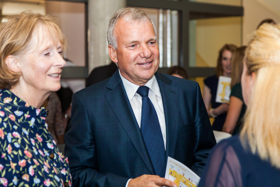
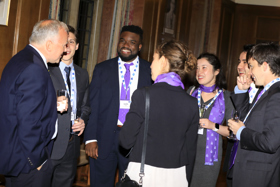
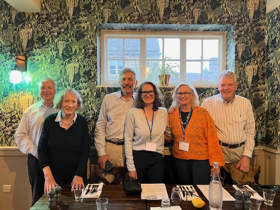
‘I had a very clear concept that I wanted to be a leader’
I grew up in the working-class harbour area of Hamburg. My father was a middle manager in a cigarette company and my mother was a kindergarten teacher. I went to kindergarten until my younger sister was born. Then she and I stayed at home with my mother. As children, we roamed our neighbourhood and had a lot of freedom.
Hamburg at that time was a funny mixture of buildings and empty spaces where the rubble had been removed. Germany was a very egalitarian society at the time because many Germans had lost everything during the war. I was very aware of the losses as both my grandfathers and my uncle had died. As a young German, you were confronted with it all the time. Your parents told you some things, but they didn’t tell you the whole truth and you knew it didn’t really add up.
I went to the local school and then on to high school in that area. My parents hadn’t travelled anywhere abroad but when I was 13, I was able to go to the French part of Switzerland and stay with a family there. I wanted to learn other people’s languages and find out about their problems and opinions and to see how they lived. My parents encouraged me to talk to people from all walks of live. As a child, my hobby was singing in the Hamburg Radio Boys Choir. I also enjoyed sports, including swimming and canoeing. At school, my favourite subjects were history and the social sciences. I also wanted to focus on modern languages and continue to travel. I had the chance to get some leadership skills with groups in my church community and at school, I ran a political discussion club. I had a very clear concept that I wanted to be a leader.
‘On applying for the Rhodes Scholarship’
I had originally wanted to study psychology at university. During my gap year I had done an internship working with disabled children and I had seen what therapy could do to improve really dire situations. However, there was such a demand for psychology places that I wasn’t able to secure one. I thought the second best thing would be to work as an advisor of some kind and so I studied law. My interest in law and jurisprudence grew the more I learnt.
My parents couldn’t afford to pay for the accommodation for me to study away from home, so I stayed in Hamburg, but I did go to a lot of international conferences for young people, particularly English people. I had been to visit an English friend in Oxford so I had seen student life there, and then I spotted a poster in Hamburg University for the two Rhodes Scholarships for Germans. I knew I had to apply, and I did.
The interviews were in Hamburg, and I remember that in my application I had made a lot about wanting to study with a particular tutor, only to be told during my interview that he was about to leave Oxford. I thought, ‘Well, there’s no way I’ll get this scholarship now.’ While we were waiting for the end of the last interview, I went out and bought a box of doughnuts and came back and shared them with the other candidates, because I was so sure I wasn’t going to get it, and I needed a boost. And then, they gave me the Scholarship after all telling me “chose another course”, which totally amazed me.
‘It was a complete switch of thinking’
When I visited Oxford to select my course, it was December of 1973 and the UK was in the middle of the three-day week. Everything was dark and cold, and there were candles in the shops. I decided to study experimental psychology. In law, you have your rules, but experimental psychology is very much an empirical science. I would ask my tutor a question and he would say, ‘Good question, Claus. I’ll go back to my lab and research it this afternoon.’ It was a complete switch of thinking for me, and a steep learning curve.
In the second year, everything was great. I felt I’d mastered both the language and the technical aspects of my subject. I’m very grateful for the individual tutorial system at Oxford and I had wonderful teachers. I also joined in fully with college life, and I tried rowing and participated in many activities. I made lots of friends, from many countries and I still have many friends today from my Rhodes days.
I was very lucky because my Rhodes Scholarship was extended for an extra year to enable me to go and study criminology in Cambridge. Someone in the Rhodes Trust had remembered my application and my interest in criminology and arranged for me to study in Cambridge with Nigel Walker, the tutor I had originally wanted to work with. I did a piece of written work on English prisons and I visited a number of them. In one instance, a fight broke out while I was there and the warder locked me in an empty cell to ensure that I was safe. So I can genuinely say I was in prison.
‘Getting the right skillset around the table means you can really achieve things’
After Oxford and then Cambridge, I went back to Germany to finish my law degree and I was also working in parallel as a research assistant at the Max Planck Institute for Criminal Law and Criminology in Freiburg. I was involved in research around criminal law and psychology, but it didn’t amount to the kind of advisory or therapeutic approach that I was really interested in. That was why I began to move out of criminology as a pure research subject and into legal practice. I wrote my doctoral thesis on the criminal law of companies and then I was able to go and work with a big law firm in Stuttgart. I concentrated on contracts and litigation, and it was another steep learning curve.
I found working with legal partners interesting but I took the first opportunity that I could to go and work in industry, doing legal work for the pharmaceutical branch of a chemical company in Darmstadt. With the physiology and biology I’d done as part of my studies at Oxford, I was able to speak their language. I moved on to two further companies, becoming head of a legal department and then head of a global legal department. In my last role I was in Basel in Switzerland, working for Roche and responsible for forty-five lawyers around the world. That was something I really enjoyed. I’m very proud that I was able to secure a specific technology that is still the basis for Roche introducing new diagnostic products, and that I did so much of my work in teams. Getting the right skillset around the table means you can really achieve things.
When I retired, I set up my own law consultancy. I had gathered a lot of experience and I wanted to pass that on to help start-ups and young entrepreneurs. They may be thinking, for example, about a technical problem, but not about how they can protect their solution. There are issues around hiring and getting the right financing from investors where I’m able to help and work with people, asking questions and removing their blind spots. I just want to contribute and to help people if they want that. I’m also able to take more time now to keep in touch with friends in the Rhodes network.
‘We need people who have a broad understanding across subjects’
The Rhodes Scholarship has had an enormous impact on my life, giving me the opportunity to study and then work alongside all these interesting people I would never have had the chance to meet otherwise. I married an Englishwoman, Clare, whom I met in Cambridge. We brought up our two children bilingually and we live in Germany with close ties to England. For example, both my children went to England to do their degrees before returning to Germany to work.
I think the Rhodes Scholarship has a certain character because it was set up not just for bookworms. I would like to see that character retained and the Rhodes Scholarships stay true to themselves. I am very much somebody who favours evolution rather than revolution, and I am a bit concerned about the Rhodes Trust’s numerous cooperation's with other scholarships and organisations.
My advice to today’s Scholars is that they should take their time to develop skills. I think I’m living proof that you can spend an awfully long time building your very broad base of skills and then using everything you’ve learnt later on in your career. The world is very complex and we need people who have a broad understanding across subjects so that they can look at problems from different perspectives.
